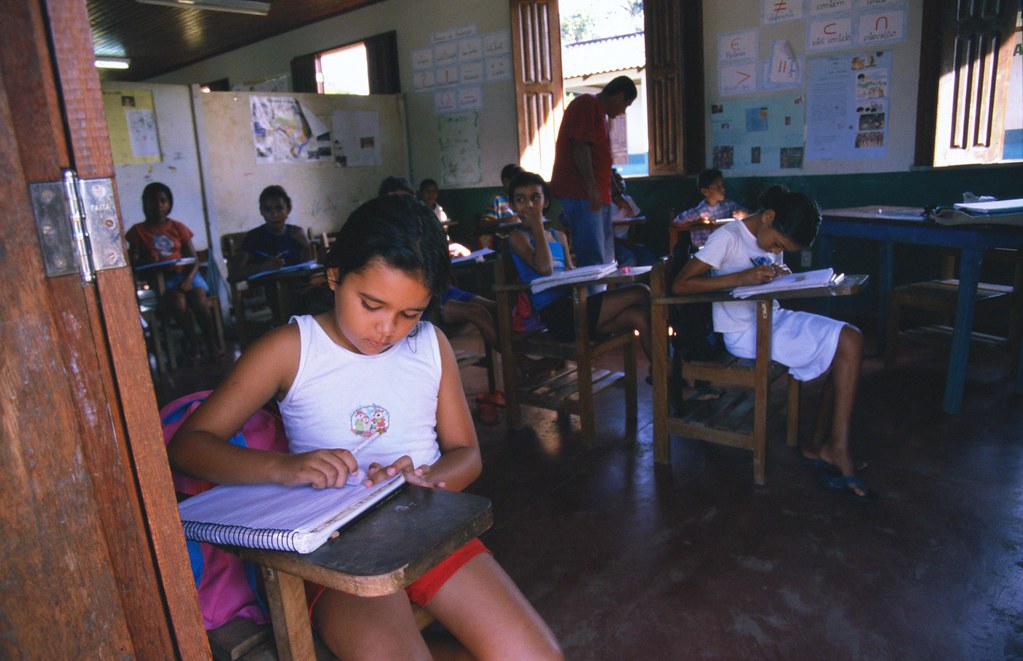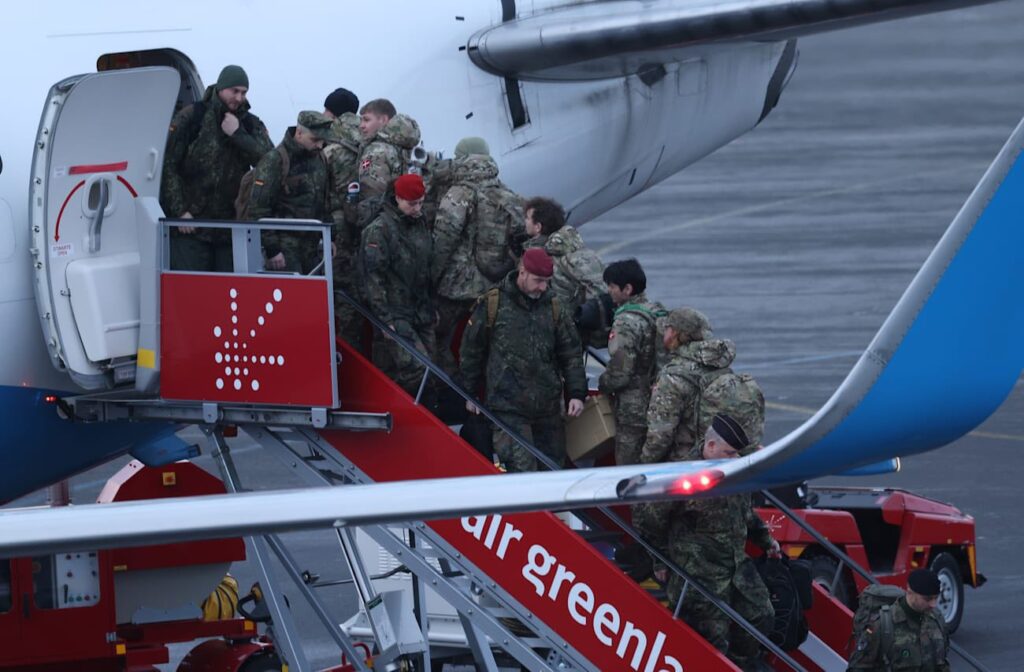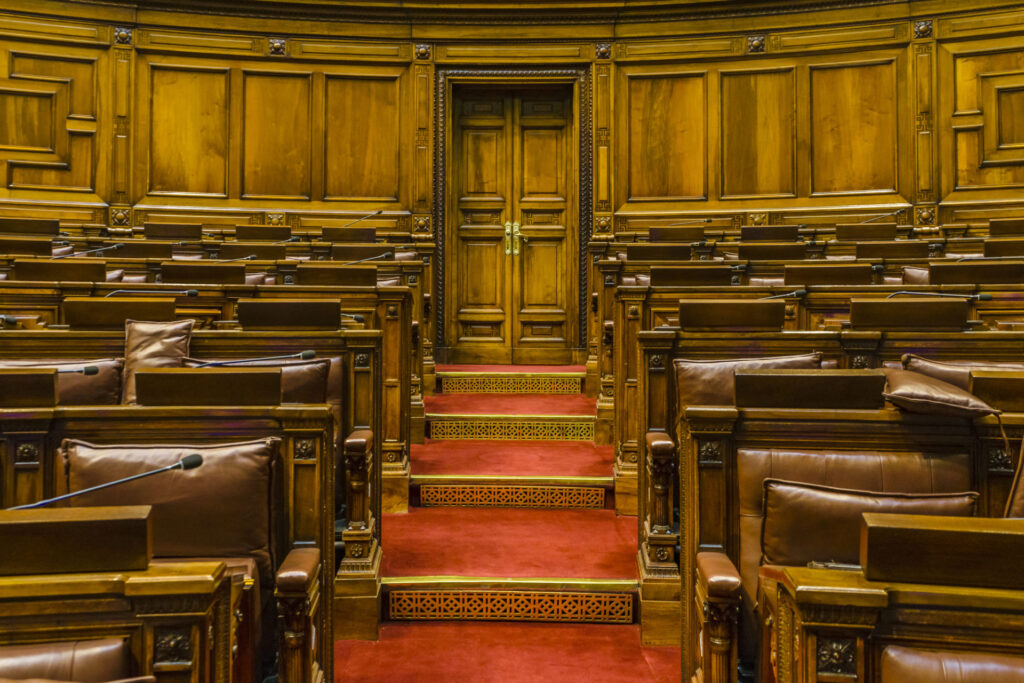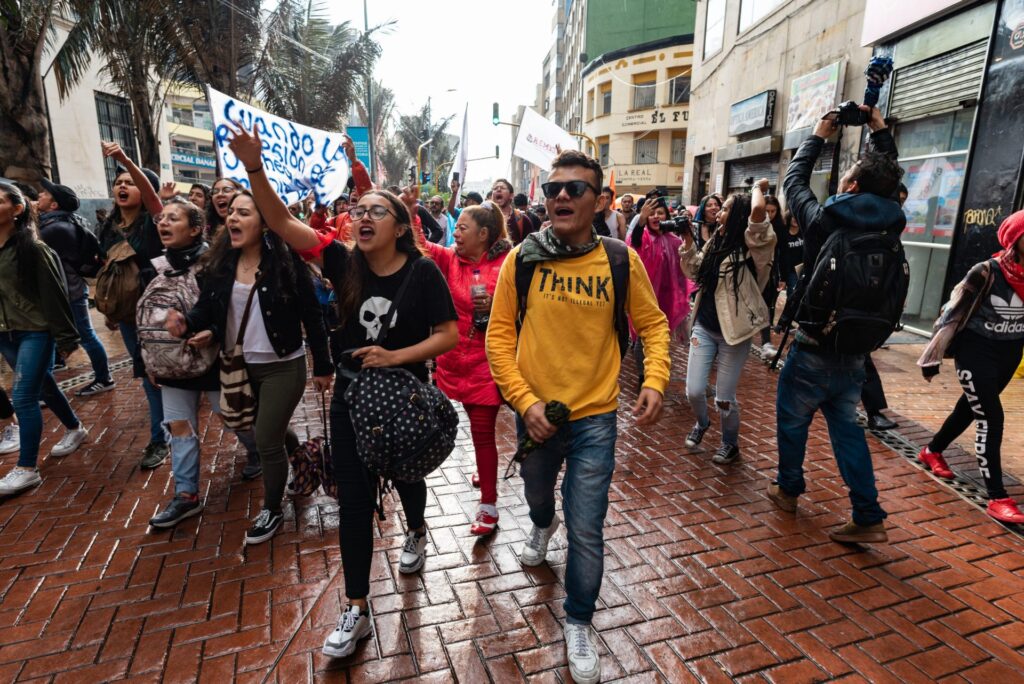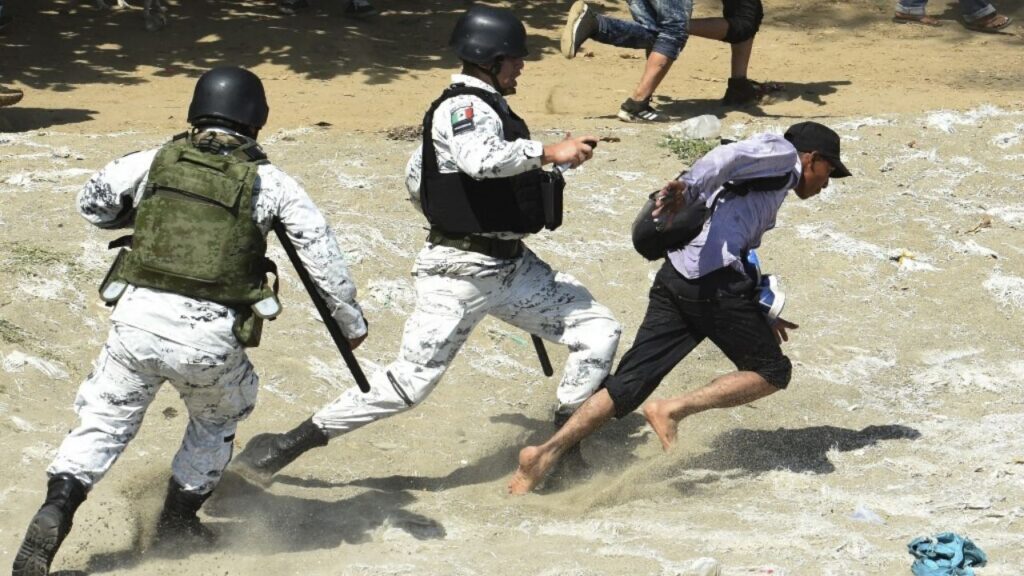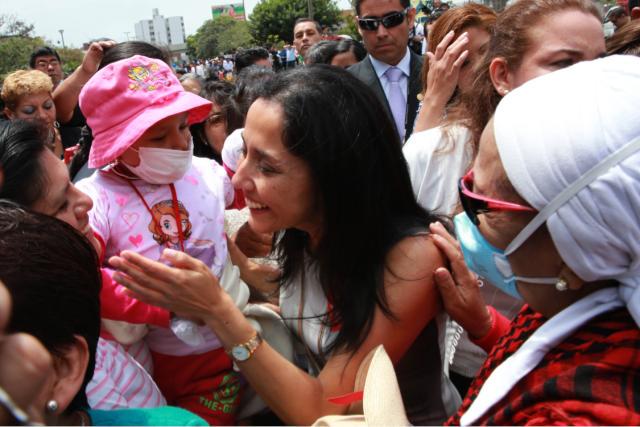Students in Latin America and the Caribbean are being disproportionately affected by school closures, per a UNICEF report released Monday, which shows these children have lost four times more school days compared to the rest of the world.
This has left 97 percent of students in the region – an estimated 137 million children – deprived of their normal schooling.
The pandemic has also increased poverty and social inequality gaps in the region, leaving the marginalized even worse off than before. Those without computers or the Internet have largely been left to fend for themselves as infrastructural support has been scarce in many countries. Nearly one of every five children in the region is now without schooling of any type, up dramatically from 4 percent before the onset of the pandemic.
“Across Latin America and the Caribbean, millions of the most vulnerable students may not return to school,” said Bernt Aasen, UNICEF’s regional director for Latin America and the Caribbean. “For those without computers, without the Internet, or even without a place to study, learning from home has become a daunting challenge.”
The divide between public and private schooling is also evident in the region. Just half of kids enrolled in public schools can access quality schooling from home, according to the UNICEF report, while three of every four children in private schools are getting a quality education from distance learning.
This adjustment has been particularly difficult for toddlers and youth who aren’t yet in elementary school, as the continued lack of daily interaction with other young children is expected to hinder their development.
Although spending and investment in schools was steadily rising across the region before this year, those budgets are expected to be slashed significantly going forward. Economies in Latin America and the Caribbean are expected to lose 8 to 9 percent of their GDP because of the pandemic.
This dramatic interruption in formal schooling could end up costing the next generation $1.2 trillion in lifetime earnings, the report notes.
UNICEF researchers urged local governments to up spending on public schools while urgently preparing for the safe reopening of schools, in a process that follows guidance from health experts.
“Without help, many parents will be left with no choice but to sacrifice their children’s education,” Aasen said. “ It is not too late to build better, more resilient, more inclusive education systems than before the pandemic. Right now, it’s urgent to get children back into schools, guided by public health considerations.”


